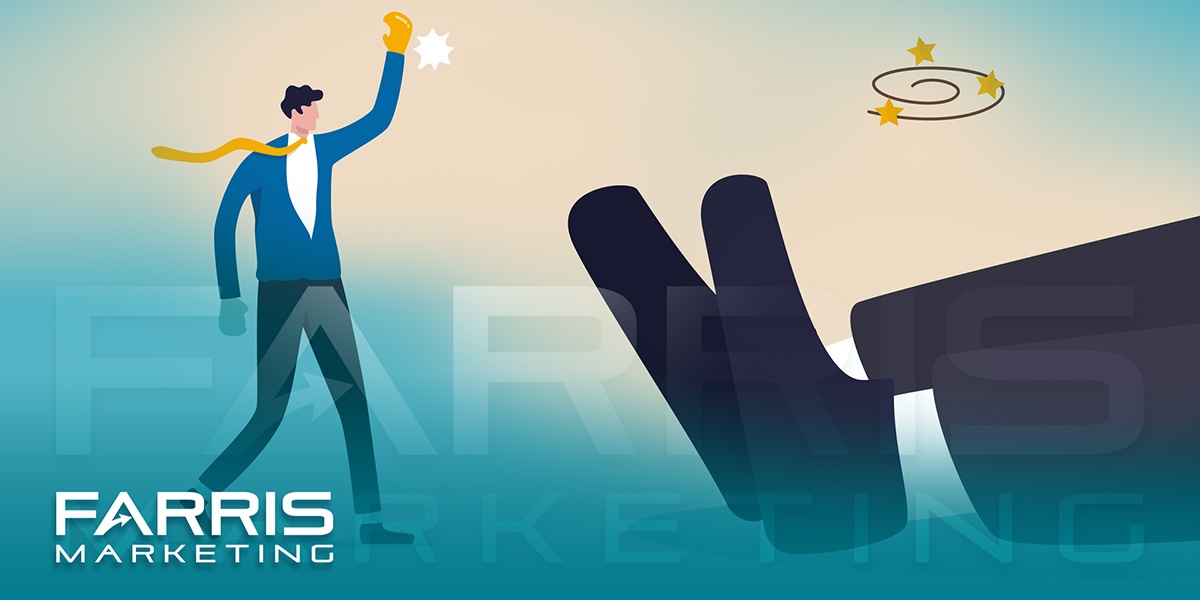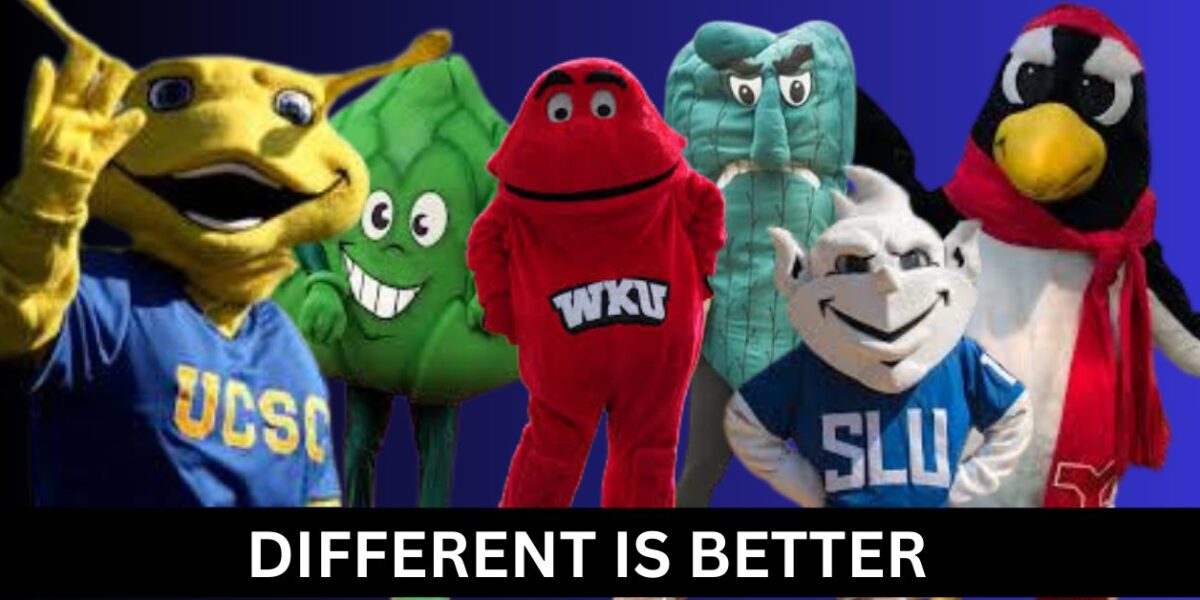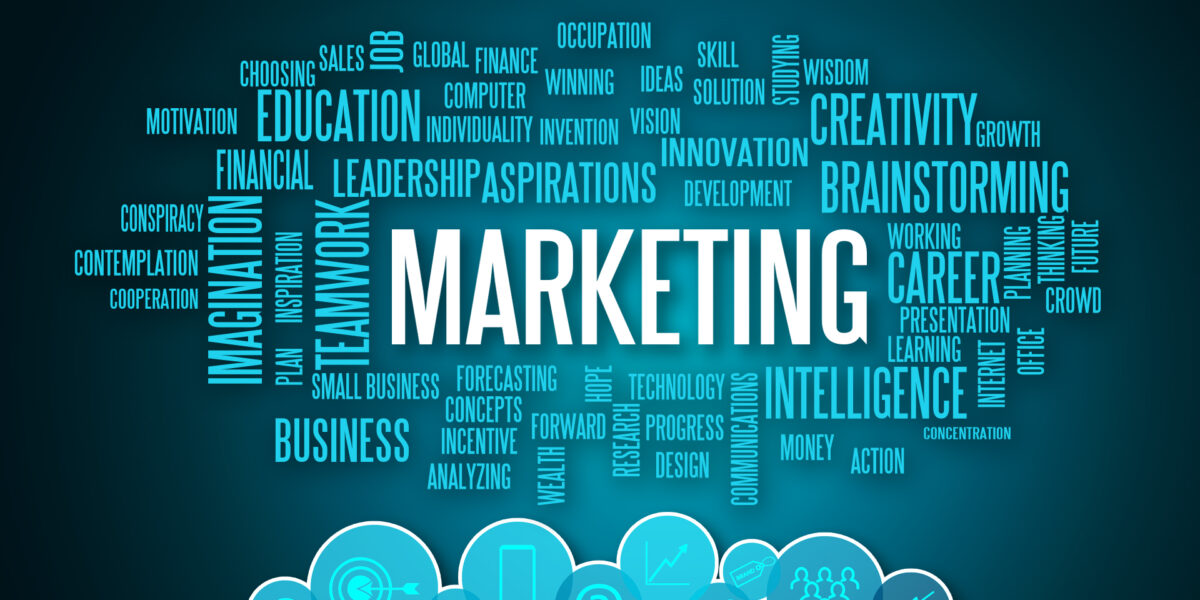Remember when “going viral” was the most popular marketing buzzword? Then it was “Pain Points,” and eventually, we all hopped on the “Customer Journey” train. There seems to be no end to the list of buzzwords marketers must keep up with just to sound like they know which end of the funnel is up.
The good news is that buzzwords aren’t just empty jargon. They reflect trends, highlighting shifts in consumer behavior, technology, and market strategies. Using them signals innovation because relevant buzzwords can demonstrate a company’s forward-thinking and modern approach.
Think of them as shorthand for complex concepts. I’ve compiled a must-know buzz-words, grouped for easier digestion, to help you sell your idea, product, or promotion—or just to sound a little smarter at your next networking event.
The Content Kingdom
Every marketer lives and dies by their assets, so let’s start with content. Content Marketing is creating and sharing valuable material to attract a defined audience. Your Content Strategy is the plan for doing that consistently. UGC (User Generated Content) is material created by customers, not the brand. Long-form content means detailed pieces like ebooks or guides, while Short-form content and Snackable content are quick, easily digestible bits. Repurposing is adapting content for different channels.
Digital Reach and Influence
How people find you and who helps them is key to modern marketing. SEO (Search Engine Optimization) is optimizing your content to rank in search results, increasing your Organic reach (unpaid visibility) Influencer Marketing involves using key people to promote your product; if they’re smaller but niche, that’s Micro-influencer marketing.
Data, Tech, and Metrics
If you can’t measure it, you can’t manage it. Your KPI (Key Performance Indicator) is a measurable value that demonstrates how effectively you are achieving key business objectives. Your CRM (Customer Relationship Management) system manages all your company’s relationships and interactions with customers.
The Customer Experience
Customer experience (CX) is the overall interaction a customer has with your business. The Customer Journey is the entire path a customer takes from awareness to purchase. You need to identify their Pain points (specific problems your product solves). Hyper-Personalization tailors the message to individuals. Retargeting is serving ads to people who have previously interacted with your brand.
Strategy and Action
Growth Hacking is rapid experimentation across marketing channels to identify the most efficient ways to grow a business. Flywheel is a model where the momentum of a happy customer drives referrals and repeat sales.
Finally, your CTA (Call to Action) is the prompt for the user to take the next step, leading to a Conversion (a desired action, like a sale).
Smart, not Smart A**
While buzzwords can be useful, some can become overused or lack clear meaning, potentially appearing insincere. Instead of sounding smart, you sound like a smart ass. Use buzzwords judiciously so your messaging remains clear and authentic. ##











Comment